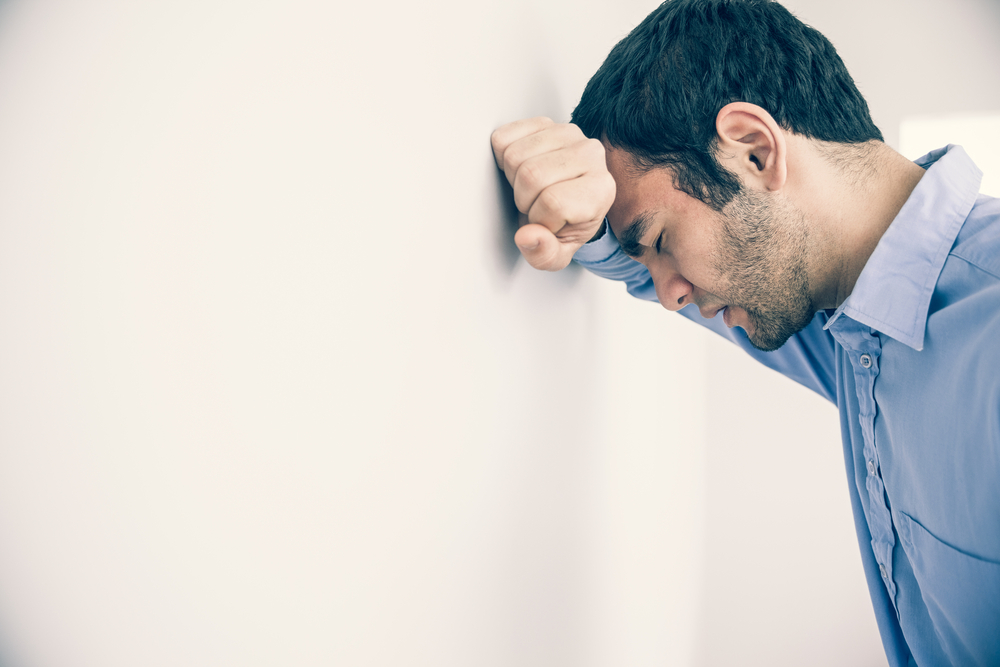
It’s widely known that humans are social creatures. We like to go out and partake in an array of social settings with friends and family. Unfortunately, social anxiety disorder makes this natural activity a horror for many people.
It is estimated that at least 12% of U.S. adults experience social anxiety disorder at some point in their lives. But with the COVID-19 pandemic, it is likely this estimate is too conservative, as the global prevalence of anxiety increased 25% according to the World Health Organization.
With an increase in anxiety, there has never been a more important time to know the signs and symptoms of social anxiety disorder. It could be the beginning of a life-changing treatment.
What Is Social Anxiety Disorder?
Do you get an unnerving sense of fear when you are in public or talking to new people? Is it uncomfortable to go places without worrying about what others are thinking of you? Are you scared you are constantly embarrassing yourself in front of others?
Well, you may or may not feel these ways, but those suffering from social anxiety disorder tend to. This disorder is broadly defined as when social situations become too much. It can happen when some or all social activities produce gut-wrenching anxiety and discomfort. In general, this disorder is categorized by intense fears of:
- Being judged harshly by others
- Being humiliated and showing it through blushing or sweating
- Accidentally offending others
- Occupying center of attention
- Public speaking and eye contact
Aside from the fears and mental stress, social anxiety disorder usually comes with physical symptoms like:
- Trembling
- Rapid heartbeat
- Nausea
- Shortness of breath
The persistent fear from this disorder can be disabling in interactions at work and school, but it does not have to affect your life forever. Here is how it can be treated.
How is Social Anxiety Disorder Treated?
There are a variety of social anxiety treatment options. Three effective and proven treatments are psychotherapy, support groups, and medications.
Psychotherapy for Social Anxiety
This treatment option is a form of talk therapy which is about having proactive conversations with trained mental health professionals. In psychotherapy, you may talk about:
- Personal history
- Emotions
- Behaviors and habits
These conversations are designed to help understand the underlying cause of the anxiety. A prominent kind of psychotherapy is cognitive behavioral therapy (CBT).
Cognitive behavioral therapy is a treatment which helps recognize negative thought patterns and their roots. (CBT) revolves on the core concepts that thoughts influence behavior. Identifying psychological issues can allow for the basis of coping mechanisms and mental strategies to form and create a new way of thinking and feeling.
Support Groups
Online and in-person support groups are a beneficial way to share and learn from others struggling with social anxiety. It is a safe space to explore how you feel and learn new ways to live a life where social anxiety disorder can be managed. Here are the best anxiety support groups of the year.
Which Medications Work Best for Social Anxiety Disorder?
Selective serotonin reuptake inhibitors (SSRIs) are most often prescribed to treat social anxiety disorder. This class of medications work by boosting levels of serotonin in the brain. This mood-regulating, brain chemical is important for stabilizing anxiety. The FDA-approved (SSRIs) for this condition are:
- Sertraline (Zoloft)
- Immediate- and extended-release paroxetine (Paxil, Paxil CR).
- Extended-release venlafaxine (Effexor XR) — a serotonin and norepinephrine reuptake inhibitor (SNRI) — is also FDA-approved to treat social anxiety disorder.
Beta blockers are another form of treatment, and they are usually taken prior to an anxiety-inducing event. Beta blockers can help remediate the physical symptoms associated with social anxiety disorder. Common beta blockers for social anxiety are propranolol (Inderal) and atenolol (Tenormin).
Benzodiazepines, or benzos, are a class of medications commonly used for their tranquilizing and anti-anxiety effects. They can be prescribed to treat social anxiety disorder, though, they can be habit forming and not the best option for those with substance abuse disorder.
Finding Treatment
If you or someone you know is suffering from social anxiety disorder, our team at Meridian Advanced Psychiatry is ready to help. Our specialized staff is trained and licensed to use proper tools and techniques to help clients find relief from mental health conditions.
Contact or call us at (208) 515-CARE to get started.
